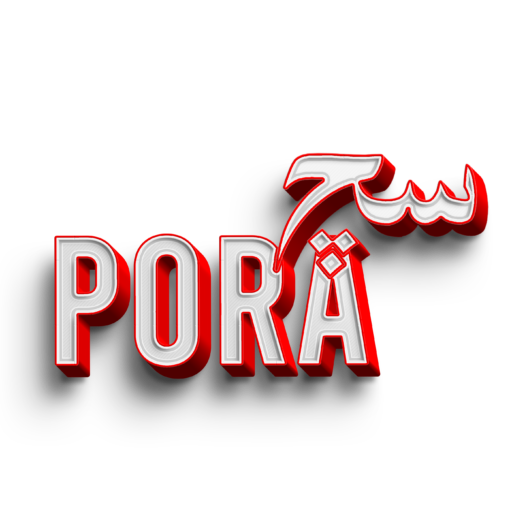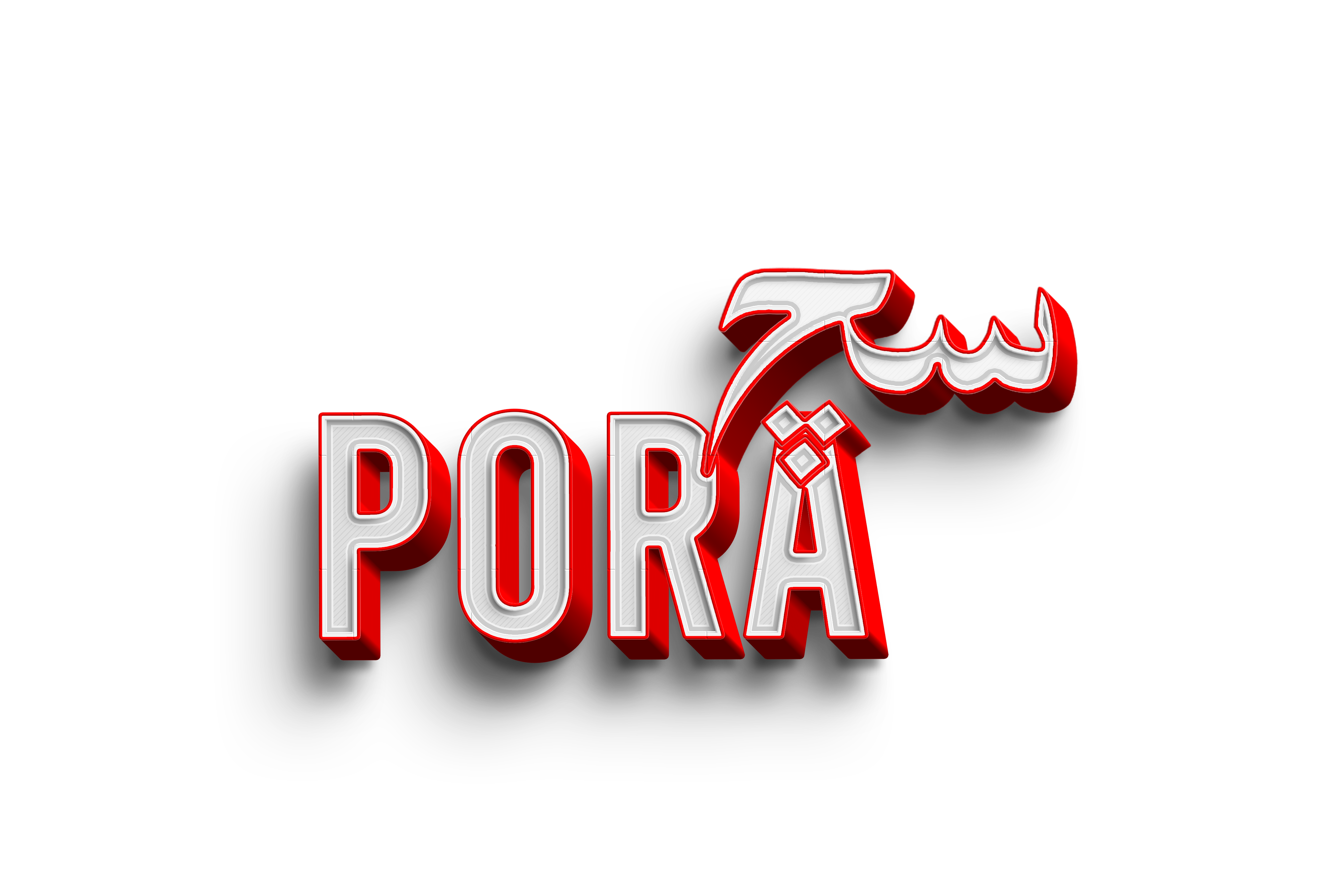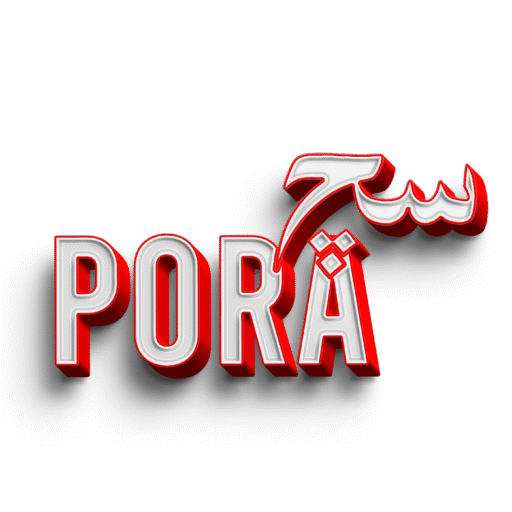Non-profit organizations (NGOs) are typically established for societal welfare, education, health, or poverty alleviation. They operate on tax exemptions and donations, but sometimes they are misused for personal gain. This article explores how a non-profit NGO can be turned into a powerful, profit-driven “business” through unethical and illegal means. We will examine a specific case involving a family that allegedly used a charitable educational institute and trusts to amass personal wealth. The process involves acquiring land under the guise of donations—often treated as waqf-like endowments for public benefit—selling it to family members at undervalued prices, and using the proceeds to invest in luxury properties abroad. Such practices not only violate the moral intent of philanthropy but also lead to lost opportunities for societal benefits like schools or scholarships.
The Foundation of a Non-Profit Educational Institute and Land Donation
The late Ikramullah Khan Niazi, father of Imran Khan, founded the “Pakistan Educational Society” in the 1980s, a charitable organization aimed at funding university education for underprivileged and talented students. This was a classic example of a non-profit NGO dedicated to public welfare. A pivotal moment came when Mrs. Nighat Irum (also known as Roshan Nazir Alam, widow of former Punjab Police Chief Shah Nazir Alam) granted a power of attorney (PoA) for 500 kanals and 9 marlas of land to Ikramullah Khan Niazi in March 1996, without any mention of monetary consideration. This land, located in Mauza Rangiyan, Phaliyan, Ferozewala, District Sheikhupura (near Lahore), was donated purportedly for the use of the educational institute or NGO to further its mission of promoting education, akin to a waqf—a permanent endowment for public good that carries significant social and moral obligations.
This is where the transformation of a non-profit into a profit-making entity begins. According to regulations, donated land must be used for the NGO’s stated objectives, not for personal gain. However, using the PoA, Ikramullah Khan Niazi sold this land to his five children—Imran Khan and his four sisters (Aleema Khan, Dr. Uzma Khan, Noreen Niazi, and Rubeena Khan)—on October 13, 2004, for a mere PKR 7 million. The transfer (intiqaal) in the Revenue Department records was completed on October 15, 2004. This sale was unusual, as PoAs are typically not used to sell land to close relatives in such a manner. The price was significantly below the market value at the time; the prime land was likely worth between PKR 50–100 million, given its potential for residential and commercial development. In today’s terms, its value could be in the billions.
Why was this sale problematic? The PoA granted Ikramullah authority to sell the land, not to gift or transfer it to family without proper ownership rights; the land remained in Nighat Irum’s name until 2004, as per the jama-bandi (provenance document). The transaction resembled a “benami” deal, concealing true ownership. Thus, a non-profit donation was transformed into family wealth, an act both ethically and legally wrong, compromising the original intent and denying potential beneficiaries access to resources that could have funded education for thousands.
After 15 years, the siblings sold the land in October 2019 to Mateen Ahmed Bhulla for PKR 350 million, executed through 80 separate registries (each under PKR 4 million). This sale further illustrates how the non-profit donation was monetized for personal gain.



Family Benefits and Offshore Properties
The proceeds from this land sale significantly strengthened the family’s financial position. Aleema Khan, Imran Khan’s sister, stated in an interview that their wealth stemmed from “inherited property” and a sewing machine business. This “inherited property” likely refers to the Ferozewala land acquired at a low price. The funds from this transaction enabled the family to pursue education abroad, purchase flats, and invest in luxury properties in Dubai and elsewhere. Aleema Khan owned benami properties in Dubai worth millions and a property in the United States valued at PKR 45 million. Today, the family is financially positioned to make international investments.
This demonstrates how a non-profit donation was converted into personal wealth through undervalued sales, turning the NGO into a “powerful business” where public welfare was a pretext for family enrichment. The opportunity cost is immense: instead of building schools or providing scholarships, the resources fueled private luxury, eroding public trust in philanthropy.
Continuing the Legacy: The Al-Qadir Trust Case
This “legacy” has been carried forward by Imran Khan, who established the Al-Qadir Trust in 2018, ostensibly for education and spirituality. However, the same pattern repeated on a grander scale. Property tycoon Malik Riaz donated 458 kanals of land and PKR 285 million to the trust. This donation was allegedly a “bribe,” as Imran Khan’s government allowed £190 million recovered by the UK’s National Crime Agency (NCA) from Malik Riaz’s family to be adjusted against fines for Bahria Town, effectively depriving the national treasury. This case reflects corruption and abuse of power. An accountability court sentenced Imran Khan to 14 years and his wife, Bushra Bibi, to 7 years in prison.
Once again, a non-profit trust received land under the guise of donations, which was, in reality, a favor tied to a financial deal. This is a high-level example of turning an NGO into a profitable entity by leveraging political power for personal or familial gain.
The Formula: A Blueprint for Misuse
From these events, a clear blueprint emerges for twisting non-profits into profit engines:
- Establish an NGO or Trust: Gain legitimacy by promising education or welfare to attract donors.
- Secure Donations: Obtain land or funds from philanthropists or businessmen under charitable pretexts.
- Shift to Family Control: Use legal documents, insider sales at nominal prices, or transfers to divert assets.
- Monetize Assets: Sell or leverage the resources to buy real estate, overseas properties, or other investments.
- Shield with Facades: Maintain the NGO’s image for protection, often bolstered by political influence.
This formula exploits structural weaknesses in NGO oversight, leading to eroded public trust.
How It’s Done and Why It’s Wrong
The process of turning a non-profit NGO into a profitable business involves misusing donations, violating regulations, and concealing assets. However, this is unethical and illegal because it constitutes corruption and a breach of public trust. Transparency and accountability are essential to prevent NGOs from becoming tools for personal empires. This case illustrates how a family allegedly exploited this method—from Nighat Irum’s generous donation to the Al-Qadir Trust scandal—but such practices harm society, undermining the integrity of non-profit organizations and depriving communities of intended benefits.


















